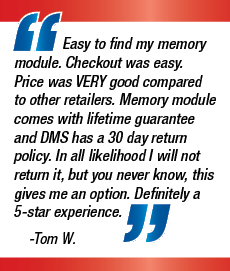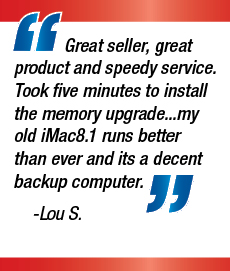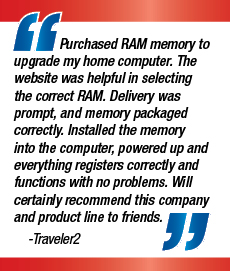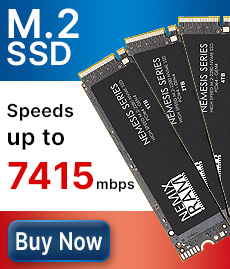US computer memory experts, Data Memory Systems, are offering some tips and advice for consumers that find themselves confused by the range of storage solutions on offer in 2015. With the terms SSD and HDD now entering the common lingo, many people find themselves confused as to what the benefits of each product are – Data Memory Systems is attempting to demystify the process and ensure that all consumers understand exactly which storage solution is best suited to their needs.
HDDs are hard disk drives, and they’re made up of much older technology than the most modern SSDs. The technology within the HDD is almost sixty years old – though advances have been made in that time to bring them up to speed with modern expectations! HDDs use magnetic energy to store data on a platter, which rotates below a read/write head. Naturally, the faster the platter can spin, the faster the entire drive performs – it can read existing data and write new data more efficiently.
The major advantage of using a HDD is that it’s easy to store plenty of data without investing too much money – indeed, at Data Memory Systems, a 1TB hard drive made by market leaders Samsung comes in at just $57.50. To put that into perspective, that’s 17,000 hours of music, 40 days of video or 500 hours of high-definition movies. The HDD is the ideal choice for those who prize storage space over speed and efficiency.
SSDs are solid-state drives – they use what’s known as NAND flash memory, and are essentially a larger version of a USB stick, albeit slightly more sophisticated. SSDs don’t have any moving parts, which means they’re far less prone to wear and tear over time than HDDs. The parts can remain intact for many years – indeed, data stored on many of today’s storage devices will be maintained for more than 200 years, meaning it will outlive us all!
SSDs are ideal for those who need a faster, more efficient storage solution. They use much less power, which is ideal for business users that need to prolong their battery life if they’re commuting or working away from the office. The technology in SSDs is still relatively new, which means the prices of these drives is naturally higher. As a direct comparison, 1TB of storage on a Celerity SSD is available from Data Memory Systems for $389.00 – but many people agree that installing an SSD is like buying a whole new computer, or breathing new life into your old model, so for that reason alone, it’s worth the added expense.
To find out more about the new range of PC and Apple memory solutions from Data Memory Systems and to buy online, visit http://www.datamemorysystems.com
About Data Memory Systems: The Data Memory Systems’ team wants to provide the best possible quality PC memory and Apple memory at the lowest prices. They offer great service and value for your money. Whether you have a Dell, HP, Sony, IBM or Apple Mac system, they have the compatible memory for your device.










